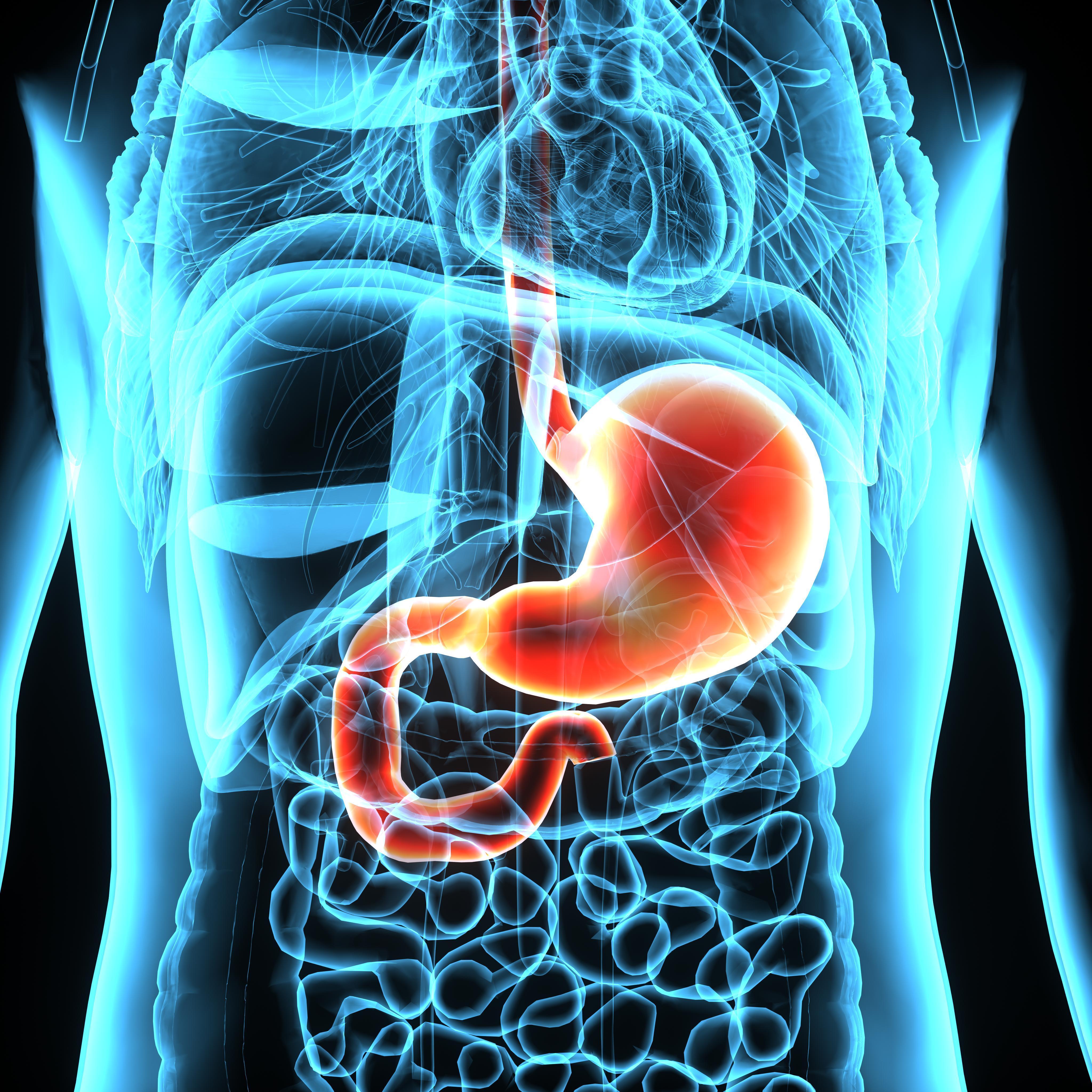
What If Your Gut Is the Reason You’re Not Getting Stronger?
Muscle isn’t built in the gym. It’s built in recovery.
And recovery depends on more than your protein shake, your sleep schedule, or how perfectly you stick to your macros. It depends on how well your body actually absorbs and uses the nutrients you're giving it.
That’s where your gut comes in.
Most people think of the gut as just a tube for breaking down food. But your digestive system is actually an incredibly complex, hormone- and immune-active interface that directly affects your ability to build muscle, recover, and sustain energy.
It’s not about bloating. It’s about bioavailability—whether or not your body can use what you're feeding it.
Absorption Is Not Guaranteed
Eating 150g of protein doesn’t mean your body absorbs and uses 150g of protein.
To actually repair tissue, synthesize enzymes, and grow stronger muscle fibers, you need a gut that can break down protein into amino acids and deliver those amino acids into your bloodstream. This process depends on enzymes, stomach acid, and the integrity of your intestinal lining, none of which function well under stress, inflammation, or microbiome imbalance (Martens et al., 2020).
If your gut lining is compromised or inflamed, you could be losing key nutrients, even from a clean, well-planned diet.

Inflammation Doesn’t Just Make You Bloated, It Can Break Down Muscle
Your gut is a major regulator of inflammation. When things are working, it produces short-chain fatty acids (like butyrate) that reduce inflammation and support recovery.
But when your gut is out of balance, say, from overuse of antibiotics, ultra-processed foods, sleep disruption, or chronic stress, the tight junctions between gut cells start to loosen. That allows bacterial byproducts (like lipopolysaccharides, or LPS) to leak into the bloodstream, triggering a chronic, low-grade inflammatory response (Fukui, 2016).
Why does that matter for strength?
Because chronic inflammation blunts anabolic signaling—the very system your body uses to build and repair muscle after lifting. It increases cortisol, lowers testosterone, and raises the threshold needed for muscle protein synthesis to even start. So even if you’re training hard and eating right, your body could be in a catabolic (muscle-wasting) state if your gut is inflamed.
Signs Your Gut Might Be Holding You Back
These aren’t always obvious, but they’re worth paying attention to:
- You feel bloated or sluggish after meals.
- You’re tired even when you’ve slept well.
- You’re getting sick more often than usual.
- Soreness lingers longer than expected after training.
If these sound familiar, your gut might be a missing piece of the puzzle.
Supporting Your Gut Without Overcomplicating It
You don’t need a full elimination diet or to swear off entire food groups to improve gut health. Often, small changes go a long way:
1. Prioritize whole, minimally processed foods.
Ultra-processed foods, excess sugar, and artificial sweeteners can disrupt gut bacteria and increase inflammation (Houghton, 2025). Swapping them out for whole foods, think vegetables, whole grains, legumes, and lean proteins - supports a healthier gut environment.
2. Add more fiber, especially prebiotic fiber.
Prebiotics are a type of fiber that feed beneficial gut bacteria. Foods like oats, garlic, onions, bananas, and asparagus are great sources.
3. Include fermented foods if you enjoy them.
Yogurt, kefir, kimchi, and sauerkraut naturally introduce probiotics into the gut. A little goes a long way (Ryan, 2024).
4. Eat mindfully.
It’s not just what you eat, how you eat matters too. Chewing thoroughly and avoiding distractions during meals helps digestion and gives your gut a better shot at doing its job properly.

The Bottom Line
If you’re focused on training hard and eating well, gut health might not be on your radar, but it should be. Supporting your digestive system can lead to better energy, faster recovery, and more noticeable results from the effort you’re already putting in.
It's not a trendy shortcut. It's a foundation that too many people overlook.



















